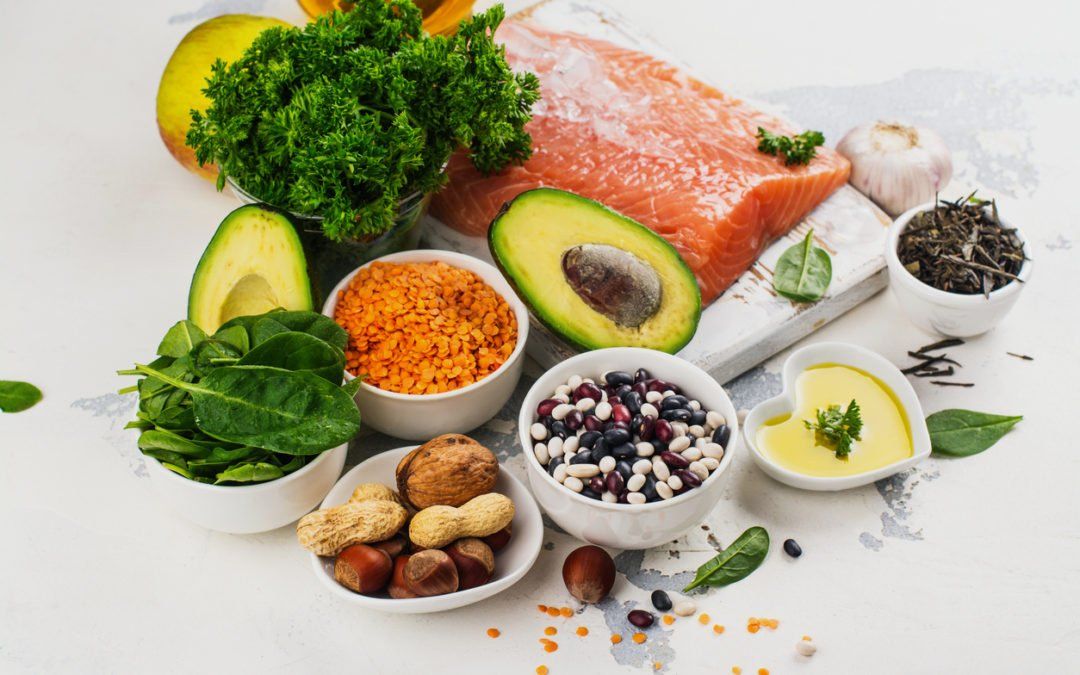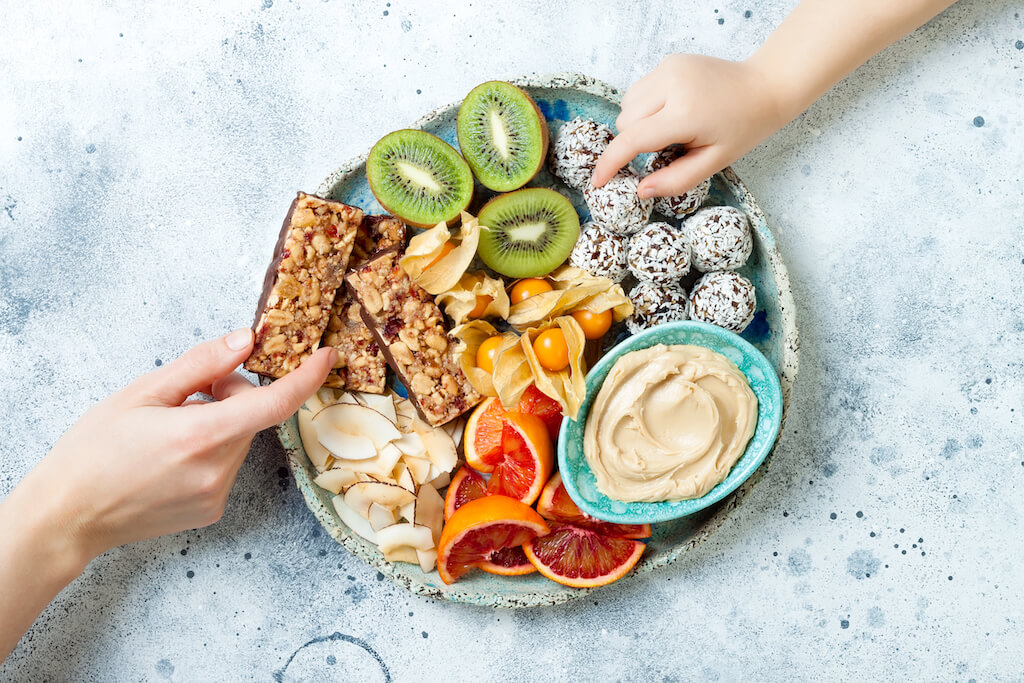Nutrition: Facts About Fat

It is a common myth that consuming fats leads to accumulating fat in the body, but dietary fats are actually an essential part of healthy nutrition. Vitamins A, D, and E are fat-soluble, so without the presence of fats to help dissolve them our bodies cannot absorb them effectively. According to the American Heart Association, there are four major types of dietary fats, each with unique properties. Although all fats have 9 calories per gram, some types can be harmful and some bring about health benefits. Learning which fats to seek out and which to avoid can dramatically improve diet quality and long-term health.
Trans Fats
Trans fats primarily result from hydrogenation, a process used to preserve oils. By adding hydrogen atoms to their chains, manufacturers are able to convert liquid oils to solids. Trans fats are often described as “partially hydrogenated” on labels, and although the process succeeds in increasing shelf life, the chemical change also alters how once-healthy oils react in the body. These fats are considered to be harmful: Harvard Health reports that even consuming 2% of daily fats as trans can increase the risk of heart disease by 23%. Trans fats have also been shown to contribute to inflammatory responses, insulin resistance, and can simultaneously increase “bad” LDL cholesterol and decrease “good” HDL cholesterol. Trans fats are best to be avoided, although their ubiquity in American cuisine can make this difficult. Major sources of trans fats are foods such as French fries, doughnuts, pizza crusts, and margarine.
Saturated Fats
Saturated fats are solid at room temperature, and are naturally fully saturated with hydrogen. They are found in fatty animal products like beef, skin-on poultry, pork, butter, cheese, and lard, as well as baked goods and fried food. While some plant-based oils also contain saturated fats, only animal-based oils contain cholesterol. In moderation, saturated fats do not pose significant risk to health: the American Heart Association recommends that daily saturated fat intake not exceed about 6% of total calories. Diets high in saturated fats, however, can increase levels of LDL cholesterol and increase risk for heart disease. Replacing saturated fats with polyunsaturated fats or carbohydrates high in fiber can reduce this risk.
Monounsaturated Fats
Monounsaturated fats are liquid at room temperature. Common sources of monounsaturated fats are plant-based fats found in avocado, olive oil, peanut oil, sunflowers, and nuts. Unlike trans fats and saturated fats, which can be dangerous, monounsaturated fats eaten in moderation actively promote higher levels of HDL cholesterol and are rich in Vitamin E.
Polyunsaturated Fats
Like monounsaturated fats, polyunsaturated fats are typically liquid at room temperature, contain vitamin E, and can help to increase levels of HDL cholesterol in the body. They also provide essential fats that must be obtained through diet, such as omega-6 and omega-3 fatty acids. Plant-based oils are high in polyunsaturated fats, such as soybean oil, corn oil, and sunflower oil, as are walnuts and tofu. Many fish, including salmon, mackerel, and sardines, are also a good source of omega-3 fatty acids. There are a wide range of health benefits linked to omega-3 fatty acid consumption, such as reducing blood pressure, lowering triglycerides, and even aiding symptoms of rheumatoid arthritis.
Learn More Facts on Fat
Fats are a mandatory component of a complete nutrition profile. By delivering essential fats and vitamins, they provide nutrition the body cannot produce on its own. By allowing other vitamins to be more easily absorbed, they facilitate the impact of other food groups. Choosing poly and mono-unsaturated fats over more the harmful alternatives of trans and saturated fats can optimize their health benefits while also reducing the risk of heart disease. For more resources on how to maintain a healthy lifestyle, please contact us.
David Michael Gilbertson is the founder and president of 3 Elements Lifestyle, LLC., a Fitness and Weight Loss company that specializes in YOU!. With more than 15 years of experience owning, operating and managing clubs of all sizes, David lectures, delivers seminars and gives workshops on the practical skills required to successfully help you with your health and fitness goals. David also helps you build the teamwork, management, and training necessary to open your own fitness center. For more information on Licensing and Consulting Services Visit his Web site at: www.3elementslifestyle.com or email at daveg@3elementslifestyle.com or call (805) 499-3030.






